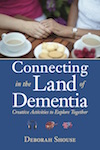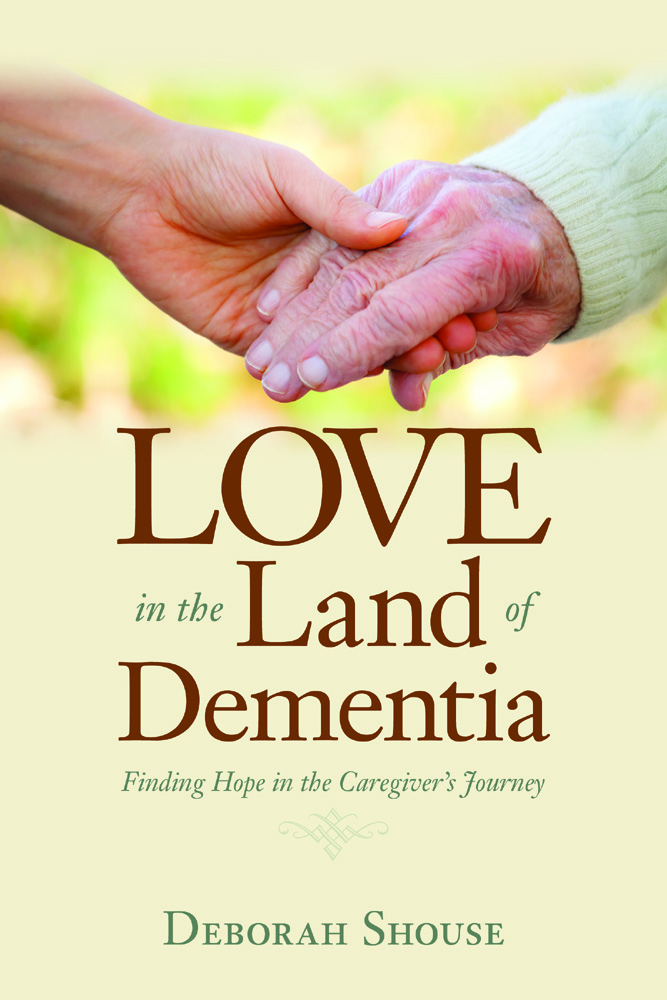Posts Tagged ‘Houston Museum of Fine Arts’
Art Invites Conversation
Teri Miller, with the Alzheimer’s Association Houston & Southeast Texas Chapter, has witnessed the power of how art invites conversation. As the Early Stage Program Manager, Teri collaborates with a variety of Houston’s arts and civic organizations.
“Going to cultural activities offers people a sense of normalcy and gives them a date to put on their calendars,” Teri says. “When they go with friends or care partners, they have an experience to discuss. Even people who say, ‘Oh, I don’t care for museums,’ usually have a great time.”
Sam is an example of someone who was surprised to enjoy the art gallery.
He attended one of Teri’s early stage support groups. His wife, who cared for him at home, went to the care partner’s group. Teri formed a partnership with the Houston Museum of Fine Arts and invited her early stage group to experience a tour. When he heard the invitation, Sam rolled his eyes and said, “I’ve never been to a museum and I’m not about to start now.”
But the next week, Sam signed up for the tour.
“What made you change your mind?” Teri asked.
“My wife really wanted to go. She does so much for me, I figured I’d do something for her.”
Teri expected Sam to sit back silently, arms folded over his chest, as the docent asked, “What does this painting make you think of? Has anyone ever been in a similar setting?” But to Teri’s surprise, Sam had opinions on each of the three pieces they discussed.
Sam told Teri, “At first, I didn’t want to go because I was worried I wouldn’t have anything meaningful to contribute. But I guess you don’t have to know anything about art to enjoy the museum.”
He and his wife talked about the experience all the way home. Discussing the paintings opened up chances to reminisce and connect. Plus the experience gave them something interesting to share with their grown children and visiting neighbors.
Like many art partnerships around the country, Teri was inspired by MOMA’s Meet Me art program for people living with dementia. The Houston museum benefitted from MOMA coming to train their docents. The program offers comprehensive guidelines for visiting a museum or viewing art at home.
Creative Sparks:
Many art galleries and museums offer special tours and events for people living with dementia. If you’re lucky enough to have such a tour available, take advantage of it.
To design your own museum tour:
- Think of a museum your partner likes. If feasible, buy postcards of some of their art or visit their on-line gallery together and ask your partner which pieces he prefers. That way, you can tailor the visit to his taste.
- Choose one or two rooms that feature his preferred art. Make sure one room has a place to sit.
- Use the paintings and sculptures as a catalyst for conversation. Ask open-ended questions, discussing the colors, people, and objects you both notice.
- If the museum has a restaurant or tearoom, treat yourselves to something delicious.
- Enjoy the sense of connection that comes from discussing art; there are no right or wrong answers, just interesting observations.
- To fashion a viewing experience at home:
- Select art books from the library or use your own personal collection.
- Choose works that portray emotion, tell a story or align with your partner’s background or interests.
- Ask open-ended questions that invite conversation, such as, “What does this make you think of?” and “What do you notice in this picture?” Have fun imagining what the people in the painting are thinking. Imagine their professions and whether they’re happy.
This is an excerpt from Connecting in the Land of Dementia: Creative Activities to Explore Together. Deborah also wrote Love in the Land of Dementia: Finding Hope in the Caregiver’s Journey.
Three Great Reasons to Go Out for Art and Culture
Art shows that what people have in common is more urgent than what differentiates them. – John Berger
Teri Miller, with the Alzheimer’s Association Houston & Southeast Texas Chapter, has witnessed the power of creativity and the arts. As the Early Stage Program Manager, Teri collaborates with Houston arts and civic organizations and encourages people living with dementia to attend the events, which have included viewing art, doing photography workshops, creating poetry, and spending time in nature.
“Attending these activities offers people a sense of normalcy and gives them something to put on their calendars,” she says. “When they attend with friends or care partners, they have a shared experience to discuss and they also have ‘news’ to share with friends and visitors. Even people who say, ‘Oh, I don’t care for museums,’ usually have a great time.”
Sam is just one example. He grew up in a small Texas town and has been attending one of Teri’s early stage support groups. His wife, who cares for him at home, attends a care partner’s group. When Teri formed a partnership with the Houston Museum of Fine Arts, she invited her early stage group to attend an arts tour with their care partners.
When Sam heard the invitation, he rolled his eyes and said, “I’ve never been to a museum and I’m not about to start up now.”
But the next week, Sam was there, signed up for the tour.
“I’m glad you’re here,” Teri told him. “What made you change your mind?”
“Well, my wife really wanted to go. She does so much for me and I figured I’d like to do something for her.”
Teri expected Sam to sit back silently, arms folded over his chest, when the docent asked, “What does this painting make you think of? Has anyone ever been in a similar setting?” To Teri’s surprise, Sam had opinions on each of the three pieces they discussed.
Sam’s wife smiled as Sam told Teri, “Originally, I didn’t want to go because I was worried I wouldn’t have anything meaningful to contribute. But I guess you don’t have to know anything about art to enjoy the museum.”
Sam and his wife discussed the experience all the way home, adding a new topic to their usual conversations. Discussing the art opened up chances to reminisce and connect. Plus the experience gave them something interesting to share with their grown children and visiting neighbors.
Like many art partnerships around the country, Teri was inspired by Meet Me, the MoMA’s Alzheimer’s Project for people living with dementia. Houston benefitted from MoMA coming to train their docents. The program offers comprehensive guidelines for visiting a museum or viewing art at home.
http://www.moma.org/meetme/practice/index
For more about Houston’s art viewing program, visit
http://www.creativeaging.org/creative-aging-program/6523
Deborah Shouse is the author of Love in the Land of Dementia: Finding Hope in the Caregiver’s Journey.


